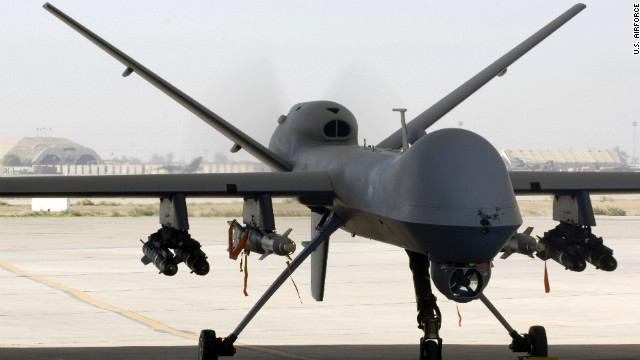By Kathryn Maureen Ryan
Impunity Watch Reporter, Middle East
BEIRUT, Lebanon–Two people were killed Monday in northern Lebanon in a fight that broke out between supporters and opponents of the Syrian regime and the Lebanese military, which is struggling to control tensions and prevent outbreaks of violence stemming from the Syrian civil war.
Monday’s violence was the latest in a series of clashes that have broken out since last Tuesday. 17 people have been killed and more than 100 people wounded since the violence began last week. The fighting broke out in the Bab al-Tebbaneh and Jabal Mohsen districts of Tripoli, Lebanon’s second largest city located about 30 miles from the Syrian border.
Communities in Lebanon are deeply divided between supporters and opponents of the Assad regime. Supporters of the Hezbollah movement within Lebanon have sent fighters and resources into Syria to support the Assad regime while Sunni organizations have also sent fighters and smuggled weapons and other resources into Syria to support Syrian Rebels.
Lebanon’s interim government deployed the Lebanese army to Tripoli on Monday in response to last week’s violence. The conflict in Syria has exacerbated tensions in Lebanese communities, supporters of Hezbollah and supporters of Sunni Organizations have accused each other of using the city of Tripoli as a base for organizing and sending, fighters, weapons and other resources across the border into Syria. Lebanon’s acting Prime Minister Najib Mikati said that “security forces will take every step to put an end to the violence and chaos.”
The sudden influx of Syrian refugees into Lebanese communities, including Tripoli, has raised community tensions and placed new strains on the state. Syrian refugees now make up a quarter of Lebanon’s population. The refugee crisis has spread the countries institutional systems thin and raised tensions in the region.
While Lebanon has remained in relative state of peace following the 2006 civil war the influx of Syrian refugees into the state since the start of the Syrian civil war has put new strains on state resources and has sparked a rise in tensions between communities.
By this time last year 300,000 Syrian Refugees has crossed the border into Lebanon. The United Nations High Commissioner for Refugees (UNHCR) expects that by early next year, two million refugees will have crossed into Lebanon. One in four people in Lebanon is a Syrian refugee, the sudden influx of people into the Lebanon population has left rescues stretched thin in the state, and the crime rate has increased by 30% over the past year.
Lebanon is still struggling to support 400,000 Palestinian refugees who remain in the country, many of whom are livening in desperate poverty and in communities where violence is common. As a result of this bitter experience Lebanon has so far failed to provide basic services to Syrian refugees, unlike Jordan, which has accepted a large number so Syrian refugees, Lebanon has so far refused to provide refugee camps. Shelters cannot have more than a basic timber-and-plastic frame, so far the building of permanent and semi-permanent structures by refugees has been prohibited.
For more information please see:
Al Jazeera – Lebanon army deploys amid violence in Tripoli – 28 October 2013
Reuters – Two die in northern Lebanon in spillover from Syria war – 28 October 2013
The Guardian – Lebanon suffers under the strain of a refugee crisis now out of control – 26 October 2013
Jerusalem Post – Syrian civil war spreads to Lebanese city of Tripoli – 27 October 2013



